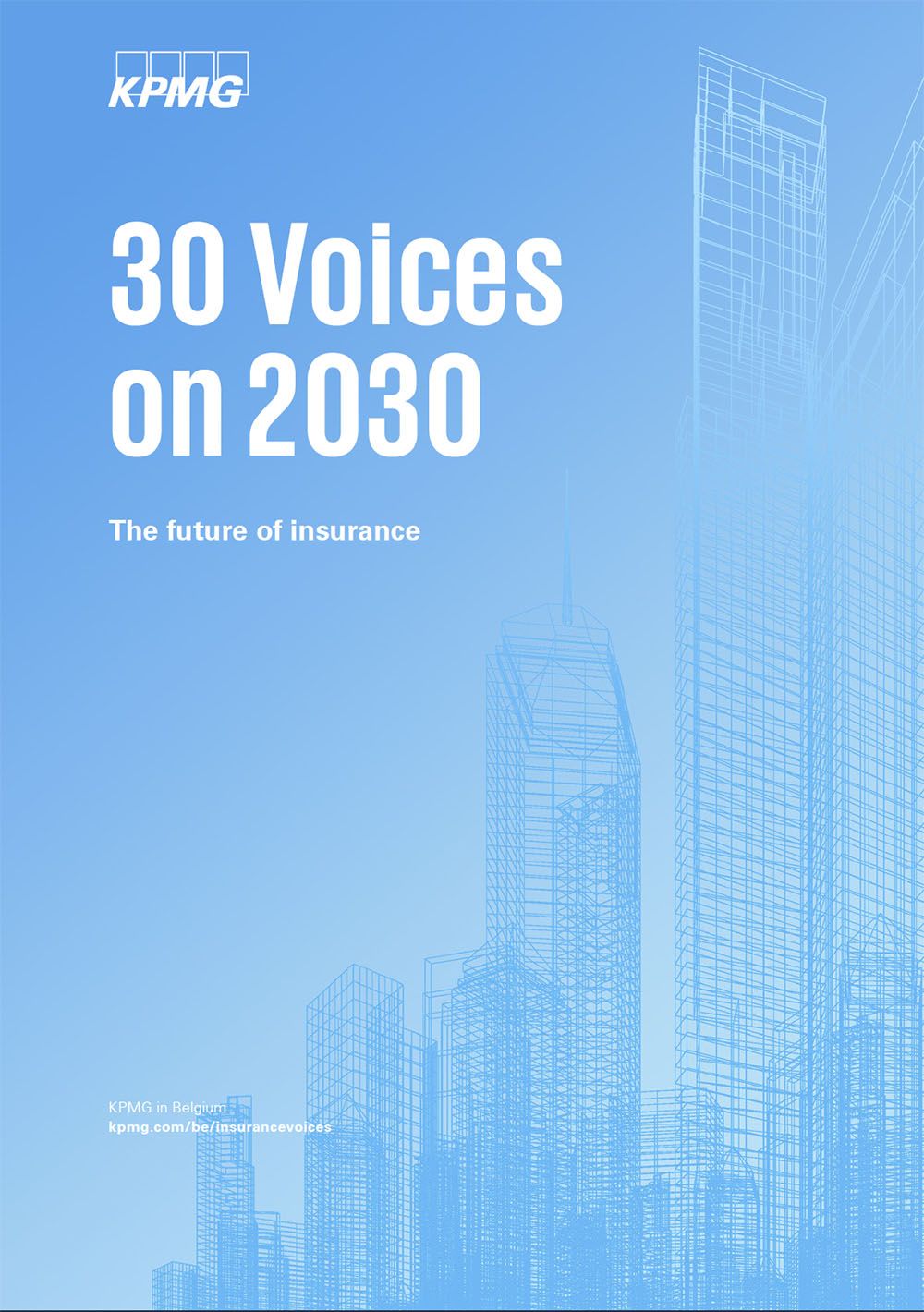Technology will bring a schism to the insurance world the likes of which we have rarely seen, says Arjan Smedeman, Managing Director Benelux of Van Ameyde. On one side: the winners who have been able to implement technology successfully. On the other side: the losers who became irrelevant. In the middle: smart niche players and fintechs that have been able to create a market for themselves.
If there is one crucial factor that has shaped the insurance landscape in recent years, it is, without a doubt, technology. The companies that have been able to successfully implement IT have been the winners, eating up their competitors. This has created a few very large groups that have been able to automate and standardize most processes. The losers have failed to shed their old legacy infrastructure, and/or they do not have enough complete and high quality data: the two prerequisites for survival.

Arjan Smedeman
Managing Director Benelux of Van Ameyde
In addition, a fairly large group of independent players has emerged that deal with everything the big groups can't handle or don't feel like doing. They float like a group of speedboats around a handful of oil tankers, but what the independents and large players have in common is that they both can deploy technology in a very efficient way. Those speedboats deliver customized solutions and often target certain niches, such as the B2B market. Sometimes they also attract very particular customers, who are united in "communities" that attach great importance to certain products and are often uncomfortable with large groups.
The broker in this story retains his prominent role, especially in those communities and niche markets. Yet he will also have to embrace technology. He needs to be accessible to his clients in every way possible, whether by phone, website, or app and certainly in person. A claim that came in via an app must get into the broker’s own system completely seamlessly. That personal aspect remains very important because this industry continues to be one of "problem solvers,” especially if technology fails for one reason or another.
The broker retains his prominent role, but he too must embrace technology.

Prevention
Insurers also play an increasing role in prevention and in unburdening the client. For example, the insurer can help them reduce their energy bills. We have long seen this in health insurance, for example, but this phenomenon has spread across all markets, as more data have become available everywhere. This is also smart for insurers themselves: more and more extreme calamities are occurring, so prevention and better predictions are also becoming important priorities.
As in the banking world, insurance has also seen a strong influx of fintechs. Understandably, their focus is mainly on the distribution side. I say "understandably" because claims handling is often a cost for insurers. This is precisely why they call on a company like ours, because we can manage this much more efficiently and better. In addition, of course, there are also large groups, who continue to do everything themselves, from A to Z. These are the oil tankers I mentioned earlier. By the way: the VAT disadvantage still exists, for those who might doubt it (laughs). We must compensate for that through increased efficiency.
The most successful fintechs, which sometimes master the profession better and more efficiently than the insurance companies themselves, will still form alliances with those insurers, for reasons of image and knowledge sharing. By merging, they become greater than the sum of their parts and form a rock-solid combination.
The huge role of technology in our industry has also raised some interesting questions for the regulator. One of the most important is: who owns the data? Is it the owner of the car? The driver? The manufacturer? Or is it the insurance company? We have now concluded that the consumer should remain the owner of his data. Everything is done solely with his consent, and all technology and regulations have been built around that concept.
Products
In terms of products, I see the increasing emergence of embedded insurance. These are products that are sold together with insurance. This is partly to ease certain sales processes, but also to appeal to those communities I mentioned above. People who, say, travel by RV will increasingly book that RV with travel insurance. Or rent a house in France, together with roadside assistance. This phenomenon attracts niche players as well as very large groups. The latter turn to companies like ours, because we can organize this very easily throughout Europe.
People
By making processes much more efficient and by automating them, work in the insurance sector is also changing. People are now in complete control of their jobs and decide for themselves where and when they work. All the rigid rules that used to apply are gone. Because almost all routine has disappeared from the job, the focus has shifted even more to the customer. I think this has also made the profession more attractive. We can now really help people, instead of transferring files and forms from one department to another. Many players now also train their own staff, even if these profiles don’t exactly match the requirements of the insurance sector labor market. A person's attitude counts much more than his diploma. It’s the only way, because we're still fighting like dogs for the scarce talent that's out there (laughs).

Meanwhile, we've come to understand that consumers must remain the owners of their data.

About the interviewee
Arjan Smedeman joined KPMG Management Services after earning an MBA from the University of Groningen. After several intermediate stations, he joined Van Ameyde in 2008, first as Director, then as Managing Director and, since June 2019, has been Managing Director Benelux. He is responsible for all claims handling activities in Belgium, the Netherlands and Luxembourg.

Voices on 2030: The Future of Insurance
Discover more perspectives from the industry’s most inspirational and imaginative leaders.
Download full report ⤓
